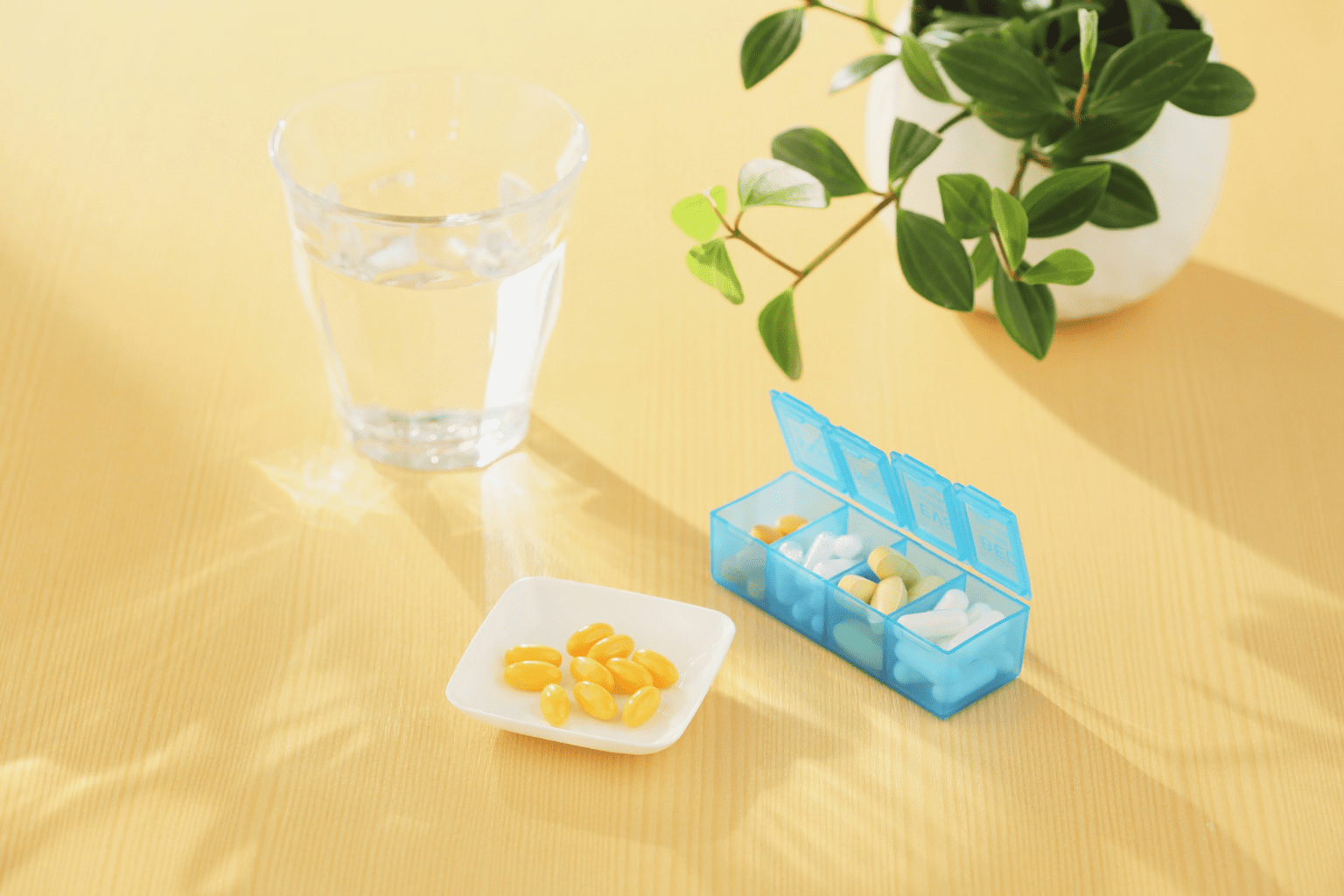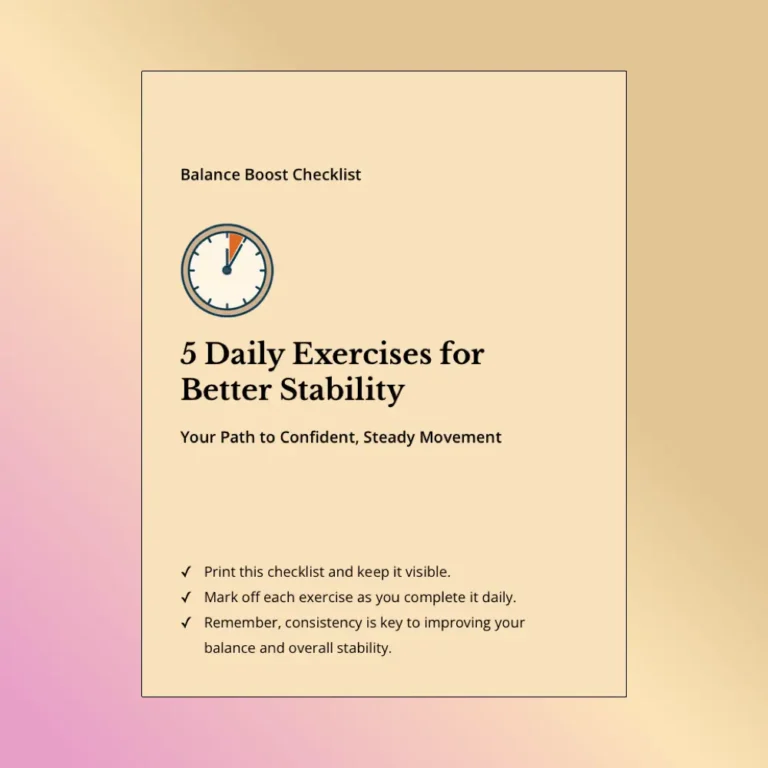
Highlights

As we grow older, maintaining bone strength becomes vital. Calcium and vitamin D3 work together to keep bones strong and reduce fractures. Research shows that combined calcium and vitamin D supplementation benefits adults aged 50 and above, helping to prevent falls in community-dwelling older adults.
The effect of vitamin D supplementation is greatest when paired with calcium sources like calcium citrate. According to the Preventive Services Task Force recommendation, daily supplementation with 400 IU of vitamin D3 and calcium supports healthy bones, though high doses of vitamin D should be avoided.
Given the prevalence of vitamin D deficiency, referring to the Office of Dietary Supplements and following dietary reference intakes for calcium and vitamin D can help ensure you get enough vitamin D for lifelong bone health.
Calcium serves as the fundamental building block for healthy bones. This mineral is crucial for maintaining bone density, which becomes even more important as we age. Unfortunately, our bodies become less efficient at absorbing dietary calcium over time, making it essential to obtain sufficient amounts through food or supplementation with vitamin D.
Research on the combination of calcium and vitamin D3 shows that this pairing can help maintain bone strength and prevent falls in community-dwelling adults. However, vitamin D alone or calcium without vitamin D may be less effective. According to the services task force recommendation statement, balanced intake supports bone health while avoiding high levels of vitamin D, which can cause adverse effects.
Beyond supporting bones, calcium and vitamin D3 contribute to proper muscle function, nerve transmission, and blood clotting, all vital for healthy aging.
Think of vitamin D as calcium’s essential partner. This nutrient helps your body absorb calcium properly in your gut, ensuring you actually benefit from the calcium you consume. But that’s not all, vitamin D also helps maintain muscle strength and mobility, which are key factors in preventing falls and fractures as we age. The relationship between calcium and vitamin D is like a carefully choreographed dance, and both partners need to show up for the performance to work.
Osteoporosis is a condition that affects millions of seniors, characterized by bones that have become porous, brittle, and prone to breaking. According to the National Osteoporosis Foundation, about 54 million Americans currently have osteoporosis or vitamin D deficiency. This condition substantially increases the risk of fractures in older adults, which can lead to loss of independence and declining health.
Research consistently demonstrates that getting enough calcium and vitamin D is linked to lower osteoporosis risk. Studies published by the National Institutes of Health show these nutrients effectively decrease the likelihood of fractures in community-dwelling adults. By making sure you get sufficient amounts of both calcium and vitamin D supplements, you can significantly strengthen your bones and reduce the risks associated with osteoporosis.
How much calcium do you need if you’re 70 or older? The recommended daily allowance is approximately 1,200 mg of calcium. This amount varies slightly between men and women, with women often needing a bit more due to the effects of menopause on bone density. You can meet these needs by including calcium-rich foods in your diet or by taking a calcium supplement if necessary.
For vitamin D, seniors should aim for 800 to 1000 IU (international units) daily. Several factors can affect your individual needs, including where you live, your skin tone, and your lifestyle habits. For example, if you live in a northern region with limited sunlight, you might need higher supplementation to maintain a healthy vitamin D level.
Adding these foods to your regular meals can help boost your calcium intake naturally.
While getting nutrients from food is ideal, sometimes a diet alone doesn’t provide enough calcium or vitamin D. If you struggle to eat enough calcium-rich foods or don’t get adequate sun exposure, dietary supplements can fill the gap. However, it’s important to talk with your doctor before starting any new supplement, as they can recommend the right type and dosage for your specific needs.
When you take vitamin D, it can affect how well your body absorbs it. Generally, it’s best to take vitamin D supplementation with meals, especially those containing some healthy fats, as this helps your body absorb the vitamin more effectively.
While supplements can be beneficial, it’s crucial to stick to recommended amounts. Taking too much vitamin D and calcium can cause problems like kidney stones or hypercalcemia (too much calcium in the blood). Always consult with your healthcare provider for advice tailored to your specific health situation and needs.
Regular weight-bearing exercise plays a crucial role in maintaining strong bones. Activities like walking, dancing, and resistance exercises for seniors help stimulate bone formation and improve bone density. Adding these exercises to your daily routine can significantly benefit both your bone health and overall well-being.
Natural sunlight remains one of the best sources of vitamin D. Try to get about 10 to 30 minutes of sun exposure a few times each week, depending on your skin tone and location. Remember to protect your skin from damage while still benefiting from the sun’s vitamin D-producing rays.
How much vitamin D and calcium should a 70-year-old take daily? As mentioned earlier, seniors aged 70 and older should aim for approximately 1,200 mg of calcium and 800-1000 IU of vitamin D3 each day to maintain good bone health.
What’s the best time to take vitamin D supplements? For optimal absorption, take vitamin D with or without a meal that contains some fat, as this helps your body utilize it more effectively.
Are natural sources better than supplements? While getting nutrients from food is generally preferable, calcium and vitamin D supplements can be necessary for those who can’t meet their needs through diet alone. It’s best to talk with a healthcare professional before starting any supplement regimen.
Can I take calcium and vitamin D together? Yes, combined supplementation is often recommended since vitamin D helps your body absorb calcium more effectively.
How long does it take to correct a vitamin D deficiency? The time it takes to correct a vitamin D deficiency varies depending on how low your levels are and your body’s response to supplementation. Most people begin to see improvements within a few weeks, but it can take 2-3 months to fully restore healthy levels of vitamin D.
Are there any side effects of taking calcium supplements? Some people may experience mild digestive issues like gas or constipation when taking a calcium supplement. Taking them with food and starting with a lower dose can help minimize these effects. More serious side effects are rare but can include kidney stones if taken in excessive amounts.
Calcium and vitamin D are truly essential allies in maintaining strong bones and overall health as we age. By understanding how much vitamin D and calcium you need, knowing the best food sources, and considering combined supplementation for the primary prevention when necessary, you can take proactive steps to protect your bone health. Prioritizing these nutrients not only helps prevent fractures but also improves your quality of life as you grow older. Remember that talking with healthcare professionals can provide personalized guidance based on your specific health needs and circumstances.
Your journey toward stronger bones starts today with small, consistent changes to your diet and lifestyle. The investment you make now in your bone health will pay dividends in maintaining your independence and activity level for years to come.
For more detailed information on nutrition for seniors, check out our guide on vitamin D for the elderly and explore our comprehensive supplement guide for seniors. Recent research on vitamin D and calcium supplementation provides valuable insights for community-dwelling older adults concerned about bone health. Your bones will thank you!
